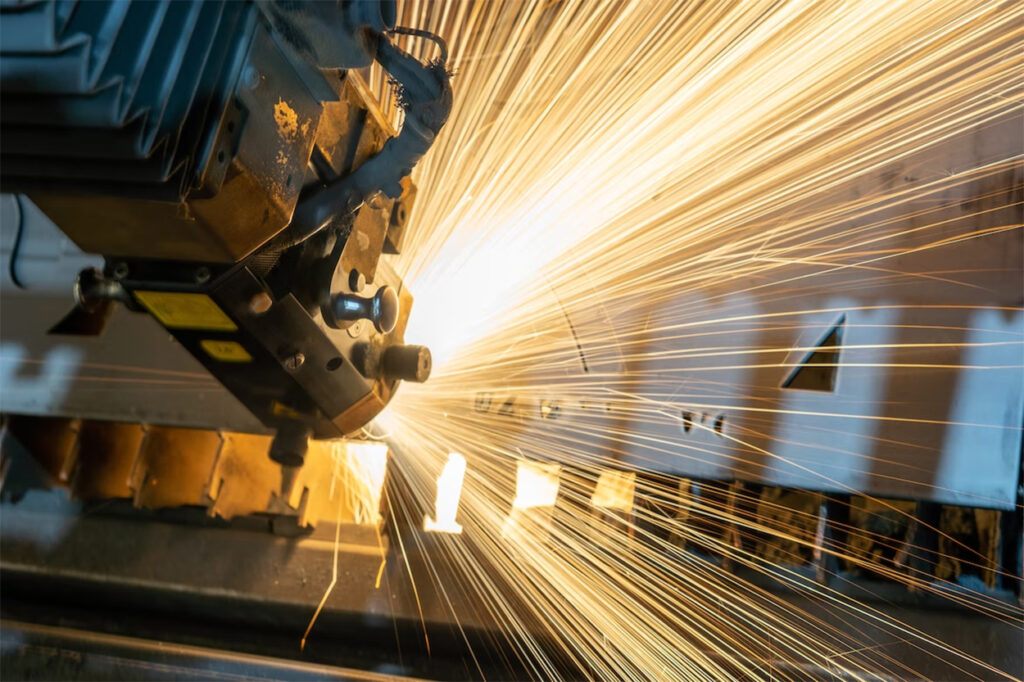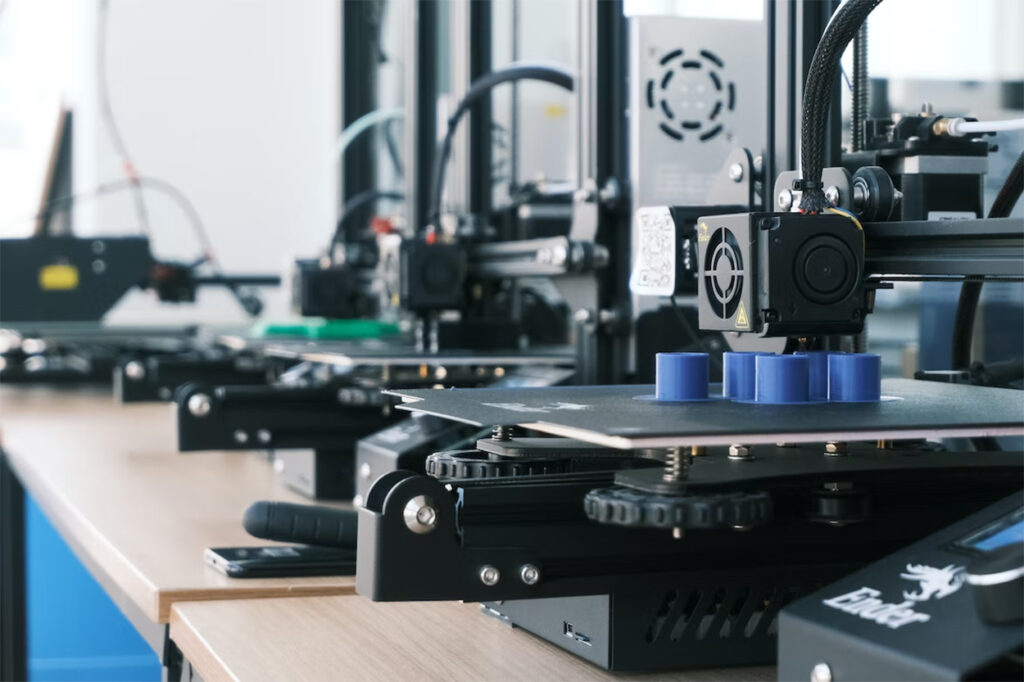Artificial Intelligence: Benefits to the Manufacturing Industry
Once a mere concept in science fiction literature and film, artificial intelligence is now something many of us use in our daily lives, thanks to its ability to collect, learn, and interpret data, identify trends and provide accurate predictions. For manufacturers, it’s an essential piece of technology because they generate a considerable volume of data and, as a result, waste most of it.
Recognizing the technology’s power, many ERP vendors have begun to introduce AI-powered software to provide manufacturing companies with all-in-one solutions to manage their workflows, processes, and enterprise data. And to show you why AI should be incorporated into your daily operations, we’ve listed a few benefits it can yield for manufacturing companies.
Data accessibility
With virtual agents and NLP, accessing data and executing tasks is much easier to do. In addition, users can interact with the AI-powered agents through text or voice, enabling them to get real-time notifications and insights. In turn, manufacturers can maintain a consistently high level of operational productivity.
Maintenance
Through artificial intelligence, manufacturing businesses can better assess their equipment’s condition and anticipate the most optimal times when maintenance services should be done. By utilizing machine learning to predict your maintenance schedule carefully, you’ll be able to reduce any unplanned equipment downtime effectively. You might even lower maintenance expenses by thirty percent.
Automation
Artificial intelligence can simplify the operations of a manufacturing business by automating complex and repetitive tasks. This lessens the manpower that’s needed to maintain productivity. Moreover, it also minimizes the chances for human error to occur, saving the company time and financial resources dealing with costly mistakes.
In addition, production scheduling and planning are also optimized by automation, even work that requires complex processes in manufacturing. It can assess the availability of essential materials, customer demand, and production capacity, recommending the course of action that will yield the best possible results for the company.
Employee productivity
Through AI, you can improve the productivity of your employees by giving them access to critical insights they need to fulfill their responsibilities to the company. For example, engineers will be able to locate the materials needed to produce specific products immediately, while manufacturers can make use of the resorts for predicting potential orders. In doing so, the company can save itself precious time and focus its efforts on other areas of the business.
Quality control
Lastly, deep learning-based systems can enable businesses to improve their ability to detect any defects in their production line. Because of this, manufacturers are able to ensure a high level of quality control and attract more customers and clients in the process, giving them an edge over the competition.
Conclusion
It comes as no surprise that more and more manufacturing companies are adopting artificial intelligence-based technologies. After all, AI offers them several advantages that they otherwise would have missed out on without. For this reason, you must do the same, or you’ll miss opportunities that other manufacturers will surely take advantage of to get ahead.


